Podcast: Play in new window | Download
Subscribe: Apple Podcasts | RSS
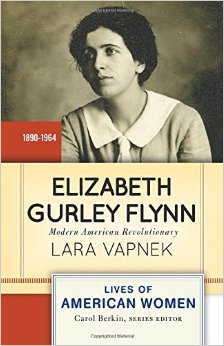 Historian Lara Vapnek talks about her biography of the great labor organizer and champion of civil liberties, Elizabeth Gurley Flynn.
Historian Lara Vapnek talks about her biography of the great labor organizer and champion of civil liberties, Elizabeth Gurley Flynn.
Podcast: Play in new window | Download
Subscribe: Apple Podcasts | RSS
 Historian Lara Vapnek talks about her biography of the great labor organizer and champion of civil liberties, Elizabeth Gurley Flynn.
Historian Lara Vapnek talks about her biography of the great labor organizer and champion of civil liberties, Elizabeth Gurley Flynn.
Podcast: Play in new window | Download
Subscribe: Apple Podcasts | RSS
Jay Griffiths talks about her book, A Country Called Childhood: Children and the Exuberant World (Counterpoint, November 2014.) It’s a powerful plea to nourish children’s independence and reconnect them with nature. Continue reading
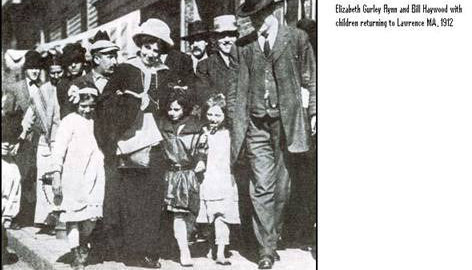
Podcast: Play in new window | Download
Subscribe: Apple Podcasts | RSS
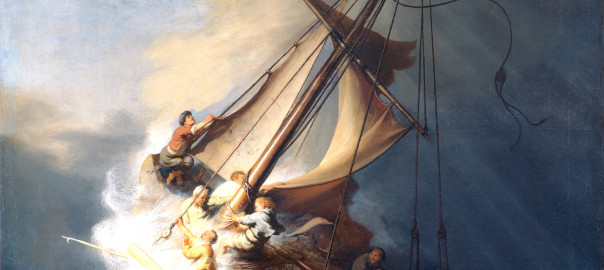
Podcast: Play in new window | Download
Subscribe: Apple Podcasts | RSS
Stephen Kurkjian talks about his new book Master Thieves. It’s about the record-breaking art heist at the Isabella Stewart Gardner Museum in Boston in 1990 and who might have done it.
Then, forty years after the end of the Vietnam War, its lethal legacy continues. We talk with George Black about his story, “The Lethal Legacy of the Vietnam War” in the March 16 issue of The Nation. Continue reading
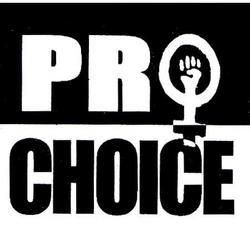
Podcast: Play in new window | Download
Subscribe: Apple Podcasts | RSS
Investigative journalist Jenny Nordberg talks about her book, THE UNDERGROUND GIRLS OF KABUL: In Search of a Hidden Resistance in Afghanistan. It’s about how some young girls in Afghanistan are disguised as boys — an ancient practice in a gender-apartheid society.
And feminist writer Katha Pollitt discusses how access to safe, legal abortions is under threat in America and what that means for women’s rights. Her book is PRO: Reclaiming Abortion Rights. Continue reading
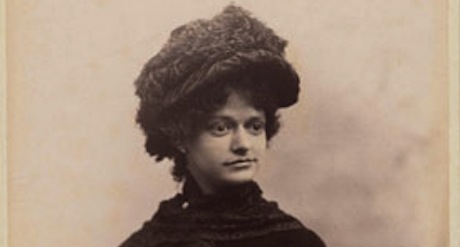
Podcast: Play in new window | Download
Subscribe: Apple Podcasts | RSS
William Nicholson talks about his new novel, AMHERST. It’s about the passionate affair between Emily Dickinson’s brother Austin and Mabel Todd. And later we re-air part of our 2007 interview with Debby Applegate about her biography of another 19th century figure associated with Amherst, Massachusetts: fiery evangelical preacher Henry Ward Beecher. Her book is THE MOST FAMOUS MAN IN AMERICA. Continue reading
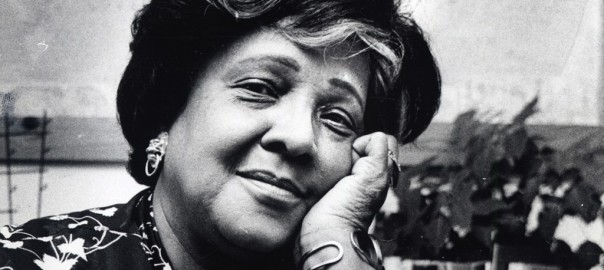
Podcast: Play in new window | Download
Subscribe: Apple Podcasts | RSS
Acclaimed biographer James McGrath Morris discusses his just-released biography, Ethel Payne, First Lady Of The Black Press. Few Americans today have ever heard of Ethel Payne, much less understood the giant role she played in reporting the story — and advancing the agenda — of the civil rights movement in America. Through Payne’s riveting personal story, Morris takes the reader on an inspiring journey through the civil rights movement — and to a greater understanding of issues that continue to resonate strongly today. Continue reading
Read an excerpt from EYE ON THE STRUGGLE by James McGrath Morris (HarperCollins, February 2015).
Continue reading
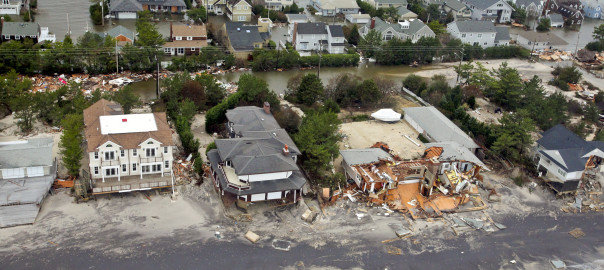
Podcast: Play in new window | Download
Subscribe: Apple Podcasts | RSS
Kathryn Miles talks about her gripping moment-by-moment account of the biggest Atlantic storm ever recorded, Superstorm: Nine Days Inside Hurricane Sandy (Dutton 2014).
And beachfront homeowners are trying to save their property from sea level rise and storm surge by building hard structures to keep the ocean at bay. But at what cost to the public? And does it even work? Marine scientist Doug Hardy talks about his report for his local conservation advisory council, “The Starvation of Southold’s Beaches.” It’s got lessons for every coastal resident — and every US taxpayer. Continue reading
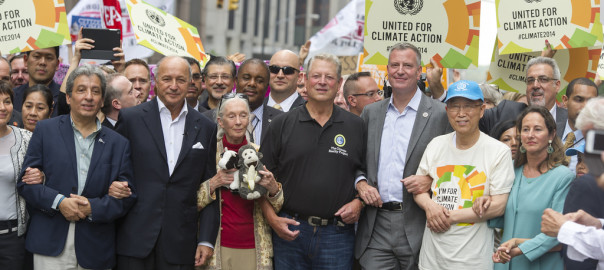
Podcast: Play in new window | Download
Subscribe: Apple Podcasts | RSS
Former E.P.A. official E. G. Vallianatos talks about his book, Poison Spring: The Secret History of Pollution and The EPA. And we have a conversation with pioneer environmentalist James “Gus” Speth. He co-founded the Natural Resources Defense Council and founded the World Resources Institute. His new memoir, Angels By The River, looks back on his life in public policy — and also toward the future of the environmental movement. Continue reading

Podcast: Play in new window | Download
Subscribe: Apple Podcasts | RSS
Psychologist Walter Mischel talks about his new book The Marshmallow Test: Mastering Self-Control (Little, Brown, September 2014). It’s about his famed experiment testing delayed gratification in kids and what it can teach all of us.
And grownups everywhere complain that our kids are spoiled — but is that really true? Or is it just a case of conservative ideology going mainstream? Alfie Kohn talks about his latest book, The Myth of the Spoiled Child: Challenging the Conventional Wisdom about Children and Parenting (Da Capo Lifelong Books, March 2014.)
Podcast: Play in new window | Download
Subscribe: Apple Podcasts | RSS
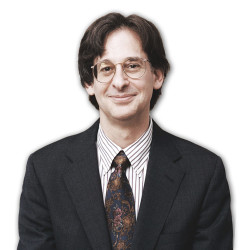 WV interviewed Alfie Kohn about his book, The Myth Of The Spoiled Child (Da Capo Lifelong Books, March 2014.)Â
WV interviewed Alfie Kohn about his book, The Myth Of The Spoiled Child (Da Capo Lifelong Books, March 2014.)Â
We also asked Kohn about his views on the Common Core and alternative education, but weren’t able to include it in the show. Here’s that segment.
Alfie Kohn is a frequent lecturer on the topics of education and parenting, and the author of twelve previous books, including The Homework Myth, Punished by Rewards, and Unconditional Parenting. His work has been covered by the New York Times, Washington Post, Boston Globe, and USA Today, and he has appeared on CNN, BBC, and numerous NPR shows. His website is at alfiekohn.org.
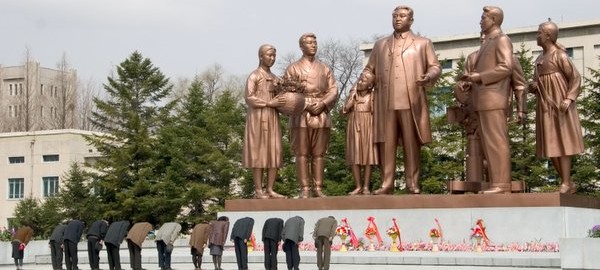
Podcast: Play in new window | Download
Subscribe: Apple Podcasts | RSS
Author Suki Kim talks about her gripping story of life in North Korea, WITHOUT YOU, THERE IS NO US. She went undercover in the DPRK to bring a more humanized view of North Koreans to the West. Also, political cartoonist Ted Rall comments on the killings at Charlie Hebdo.
Suki Kim
 The Korean War of 1950 to 1953 is a wound that has marked nearly every Korean family with tragedy and loss. South Korean born writer Suki Kim’s family is no exception. Her 17 year old uncle disappeared at the beginning of the war, probably taken captive by what was to become North Korea.
The Korean War of 1950 to 1953 is a wound that has marked nearly every Korean family with tragedy and loss. South Korean born writer Suki Kim’s family is no exception. Her 17 year old uncle disappeared at the beginning of the war, probably taken captive by what was to become North Korea.
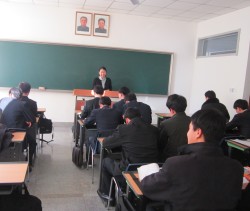
That country is a pariah among nations, the butt of jokes and Hollywood lampoons like the movie The Interview. Its people are sealed behind impenetrable walls of tyranny and censorship.
See more of Suki Kim’s photos of North Korea.
When we think of the North Korean people, we picture them as a faceless mass, starving from famine or mindlessly hailing their Great Leader in brainwashed unison. Suki Kim wants to change that notion. She wants us to see the people inside the faceless mass.
Kim went to North Korea to find out for herself what life is like for the North Koreans — even though she knew she could only have access to a tiny slice of that society. She went undercover and got a job teaching English to the sons of the North Korean elite.
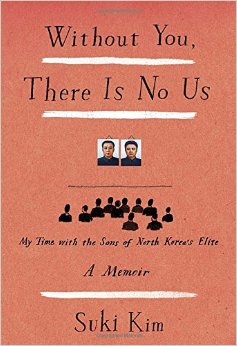 Her every move was watched — not just by her North Korean minders, but also by her evangelical Christian colleagues who ran the school where she taught.
Her every move was watched — not just by her North Korean minders, but also by her evangelical Christian colleagues who ran the school where she taught.
But despite the strict controls, Suki Kim was able to make a profound human connection to her students — young men who, after all, were not so different from teenage boys anywhere. Her wonderful book Without You,There Is No Us humanizes them and, in the process, invites her readers to deepen our own humanity.
In addition to Without You,There Is No Us, Suki Kim is the author of a novel, The Interpreter.
Ted Rall
The killing, in Paris, of the editor, several cartoonists and other staff of the French satirical weekly Charlie Hebdo has prompted a world wide reaction of horror and marshaled a huge response of support for the publication in the name of press freedom.
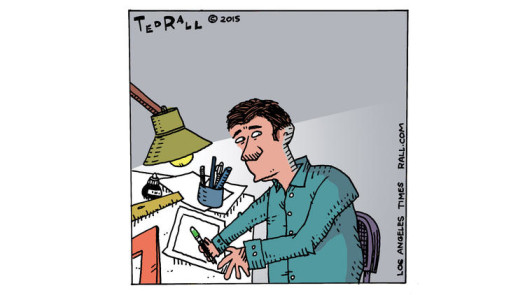 But questions have also been raised about whether Charlie Hebdo’s mocking of Muslim sensibilities might have fed into growing Islamophobia against a vulnerable minority population in Europe. Some critics even charged that the newspaper’s lampoons were designed to sell more copies.
But questions have also been raised about whether Charlie Hebdo’s mocking of Muslim sensibilities might have fed into growing Islamophobia against a vulnerable minority population in Europe. Some critics even charged that the newspaper’s lampoons were designed to sell more copies.
Francesca caught up with political cartoonist Ted Rall the day after the massacre and asked him about his take on the controversy. Rall wrote a post for the LA Times stating: “Political cartooning may not pay well, or often at all, and media elites can ignore it all they want. But it matters. Almost enough to die for.”
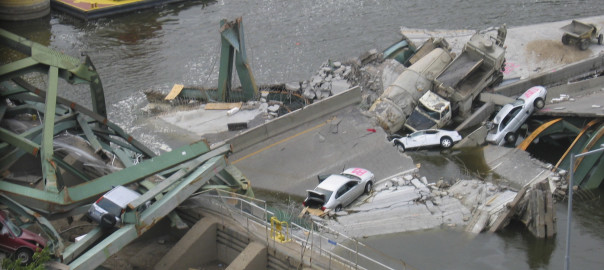
Podcast: Play in new window | Download
Subscribe: Apple Podcasts | RSS
Bob Herbert talks about his penetrating new book, Losing Our Way: An Intimate Portrait of a Troubled America. It connects the dots between our crumbling infrastructure, the jobs crisis, mass defunding of public education and the multi-trillion dollar tab for ongoing wars to explain why America is falling apart.
And former New York Governor Mario Cuomo was buried this week to throated praise for his liberal legacy. But how liberal was that legacy, really? Investigative reporter Greg Palast talks about the two Marios he knew and worked for: the golden throated defender of the working man and the back room dealer.
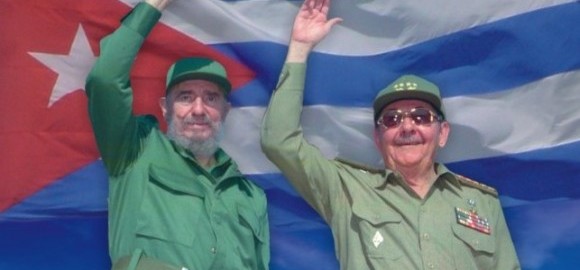
Podcast: Play in new window | Download
Subscribe: Apple Podcasts | RSS
Reuters journalist Marc Frank talks about his book, Cuban Revelations: Behind the Scenes in Havana. It’s about the profound changes that country is undergoing. Also, the US is stepping back from half a century of failed policy in Cuba. Will it take that long for us to correct our mistakes in the Middle East? We talk with foreign policy expert and Iraq War veteran Matthew Hoh (full interview is here.)